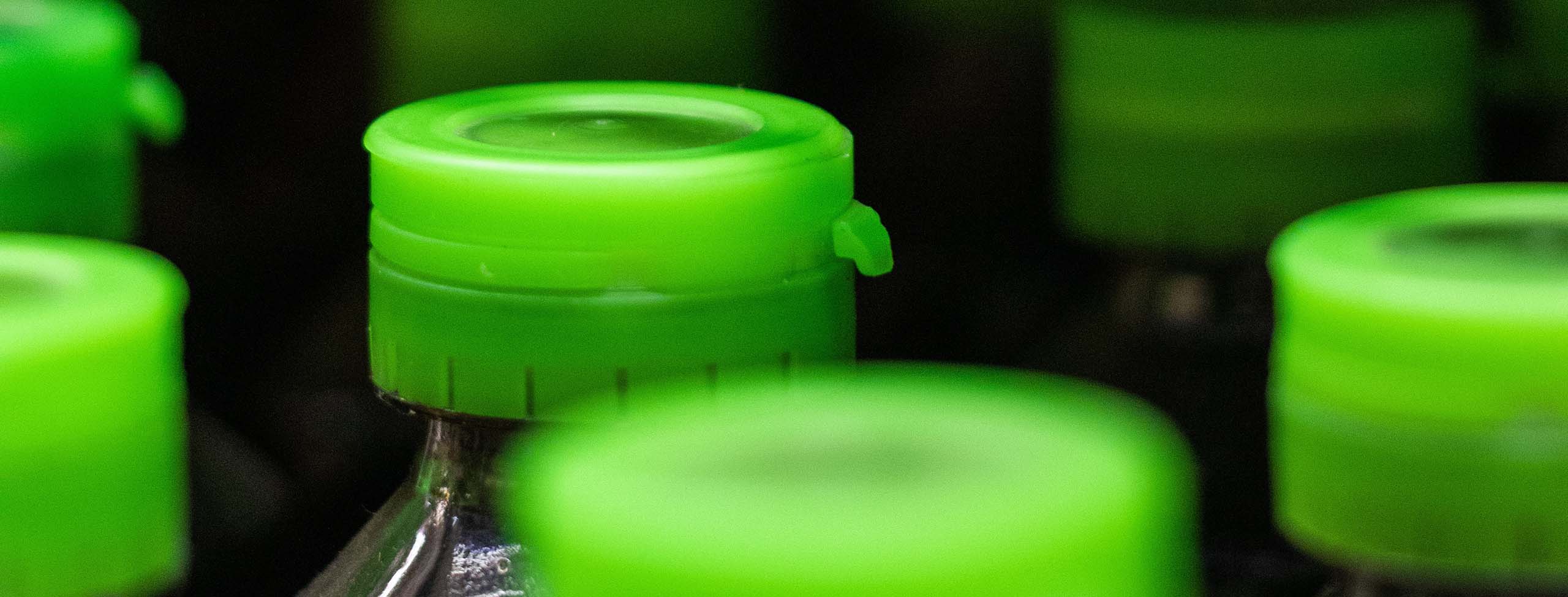
24 January 2025 • 6 minute read
Industrials Regulatory News and Trends - January 24, 2025
Welcome to Industrials Regulatory News and Trends. In this regular bulletin, DLA Piper lawyers provide concise updates on key developments in the industrials sector to help you navigate the ever-changing business, legal, and regulatory landscape.
Outgoing Biden Administration finalizes rules about vehicle software and hardware from China and Russia. On January 14, the outgoing Biden Administration finalized rules restricting vehicle software and hardware from China and Russia. The rule, proposed by the Department of Commerce in September, broadly prohibits the import or sale in the US of certain “Vehicle Connectivity Systems” (VCS) and Automated Driving Systems (ADS) related software and hardware and completed connected vehicles that contain such software or hardware if they are designed, manufactured, or supplied by persons or entities located, controlled, or under the jurisdiction of either the People’s Republic of China or the Russian Federation. In announcing the rule, the Commerce Department’s Bureau of Industry and Security stated that technologies from China and Russia “present an undue and unacceptable risk to US national security.” The rule applies only to passenger vehicles weighing 10,000 pounds or less. The Commerce Department also stated that it is beginning a separate rulemaking process addressing commercial vehicles, which could potentially allow President Donald Trump to extend similar restrictions to trucks and buses.
Loan of nearly $1 billion is finalized for lithium processing to help build EVs. On January 17, the US Department of Energy finalized a $996 million loan for the Rhyolite Ridge lithium project, an increase of $296 million from a preliminary funding offer. Lithium, one of the critical minerals essential to the manufacture of batteries for electric vehicles and consumer electronics, is largely produced overseas, an imbalance that the former president tried to offset during his four years in office. The funds will be used to build a lithium processing facility at the Rhyolite Ridge site, the largest known lithium and boron deposit in North America, located on public land in Esmeralda County, Nevada. The facility is forecast to be in full production by 2026.
EPA nominee won’t commit on auto vehicle standards. At his confirmation hearing on January 16, Lee Zeldin, President Trump’s nominee for the post of EPA Administrator, said he would not commit on whether he would seek to roll back the vehicle emission standards adopted by the EPA under President Joe Biden. “I am not allowed to prejudge outcomes going into rulemaking to ensure that there is durability of any decision to be made at the end of the process where my answer to that question could potentially be used against any type of a rule or regulation that is made,” Zeldin said in response to a question from Senator Pete Ricketts (R-NE). He also stated, "We must ensure we are protecting the environment while also protecting our economy." During the hearing, Zeldin acknowledged the reality of climate change.
CBP proposes rule that would eliminate Section 321 de minimis exemption eligibility for shipments subject to Section 301 tariffs. In the final days of the Biden Administration, US Customs and Border Protection issued several notices of proposed rulemaking aimed at restricting use of the “de minimis” imports provisions of Section 321(a)(2) of the Tariff Act of 1930, which currently allows companies to import shipments valued at under $800 without paying duties. It is expected that the Trump Administration, which ordered a review of the de minimis exemption in its January 20 America First Trade Policy Memorandum, may entertain a substantially similar regulatory change. Learn more about the potential impacts on your business.
Tariffs and Trump: Preparing your business to mitigate duties. With the new presidential Administration, significant fast-moving changes may be on the way for US tariff policy. Our alert tells you more.
TTB finalizes rule that is expected to boost US glass manufacturing. The Alcohol and Tobacco Tax and Trade Bureau (TTB) has finalized a rule that affects standards of fill for a variety of wine and distilled spirits containers. Among other things, the rule allows the use of glass containers for mixed drink-type alcoholic beverages in single-serving sizes. The new rule is being hailed as a boon for US glass manufacturers. Scott DeFife, president of the Glass Packaging Institute, stated, “The TTB’s decision to modernize older regulations that had previously limited packaging options for certain spirits-based products acknowledges the importance of innovation, consumer choice and environmental sustainability.” The final rule went into effect January 10.
EPA releases risk evaluation for formaldehyde. On January 2, the EPA released its final risk evaluation for formaldehyde conducted under the Toxic Substances Control Act (TSCA), stating, “EPA has determined that formaldehyde presents an unreasonable risk of injury to human health, specifically to workers and consumers, under its conditions of use.” In evaluating formaldehyde, the agency focused on products regulated under the Toxic Substances Control Act, such as paints, plastics, adhesives, and composite wood furniture, and assessed human exposure for 63 TSCA conditions of use – finding that 50 occupational and 8 consumer conditions of use “significantly contribute to the unreasonable risk determination.” Notably, the agency found that for the general population, exposures to ambient emissions of formaldehyde “do not significantly contribute to the unreasonable risk of formaldehyde.”
Maine DEP proposes CUU procedures for its PFAS in Products law. Maine’s Department of Environmental Protection has published a proposed rule prescribing procedures and criteria for Currently Unavoidable Uses of intentionally added per- and polyfluoroalkyl substances (PFAS) in products. Our alert sets out key information for manufacturers.
Panel of chemistry council supports EPA evaluation of a phthalate. On January 10, the High Phthalates Panel of the American Chemistry Council (ACC), which represents many chemical and plastics manufacturers, issued a statement supporting the EPA’s completion of a final manufacturer-requested risk evaluation for DIDP under the Toxic Substances Control Act (TSCA). DIDP (diisodecyl phthalate) is a plasticizer commonly used in manufacturing plastic and plastic coating to increase flexibility. “The ACC High Phthalates Panel recognizes the effort by EPA to generate a comprehensive risk evaluation for DIDP, that was requested in 2019 by the manufacturers of this substance under the 2016 amendments to TSCA,” the panel wrote. “High Phthalates Panel members welcome EPA’s determination that DIDP does not pose unreasonable risk of injury to human health for consumers, the general population or to the environment.”


